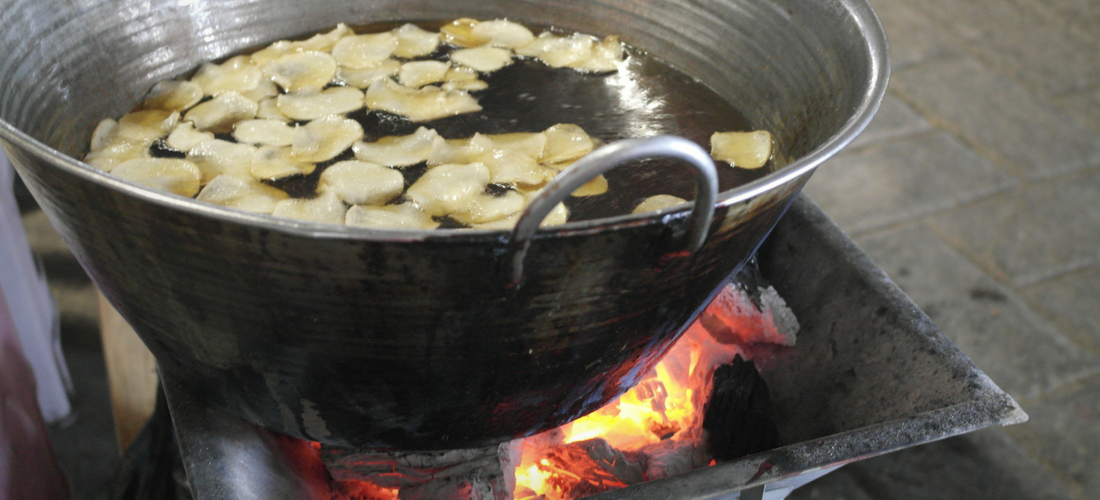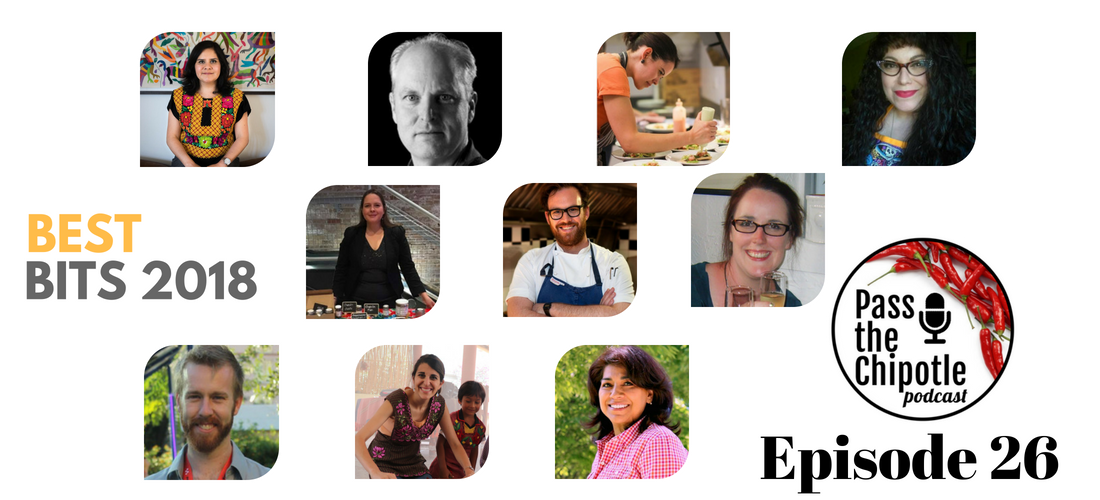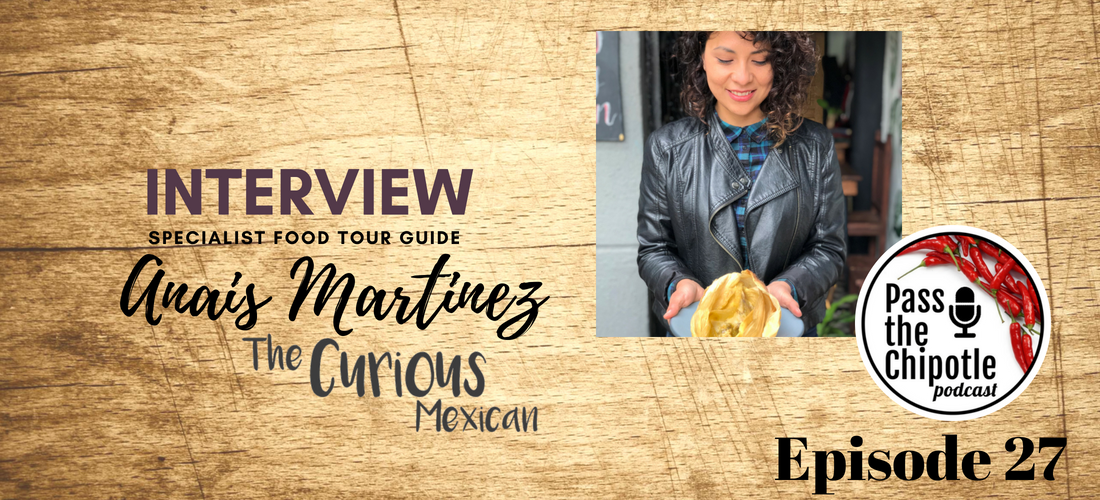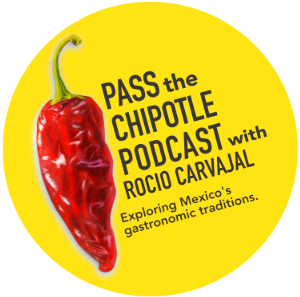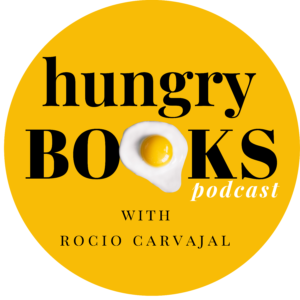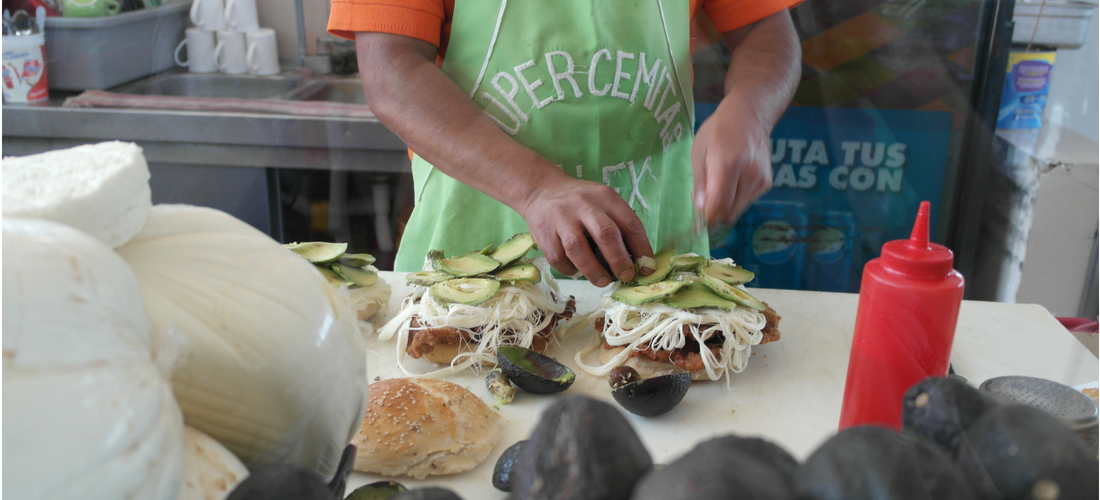
So you can’t wait to start writing those amazing traditional recipes? *wait* read this post first to make the most of your work
One of the phases that are the most time-consuming but crucial for the success of any publication I produce is the quality, accuracy, clarity and authenticity of the recipes I will present to my readers.
Many food bloggers and writers who are interested in documenting their own family recipes or the recipes from their homelands face the challenge of how to document recipes that are truthful, easy to replicate and that can be geographically and culturally translatable without losing its essence, in other words without “bastardising” it as it is plainly put in gastronomic jargon.
Common sense might tell you to go ask your inmate family and acquaintances, write down their versions, read their notes and scrapbooks if available, mix that with what you might recall from your own experience eating or seeing how dishes are made. Then go ahead and try it yourself. This intuitive method is good enough for a personal project, but if you are willing to put that up in your own food blog or even take the next step and use it for a talk, an academic paper, or a cookbook then you have to take a different approach.
I’ve harvested from my own academic training in research to come up with a very straightforward and effective method that guarantees recipes that are truthful, honest and easy to replicate in most parts of the world. After all, the main reason to do it is to help others discover and enjoy dishes from our cuisine and not discourage them with poorly presented recipes.
What is the problem with oversimplifying a recipe?
We could always take the easy route and do what most global chain restaurants do, take taco bell, for instance, they oversimplified the concept of taco and change it to a point that is unrecognisable for Mexicans but happily embraced by thousands of loyal costumers, see the predicament? You can make something that tastes good but has little or nothing to do with the original food and ends up becoming a gastronomic gimmick that misrepresents a cuisine and quite frankly discredits the author in front of those who are familiar with the original version.
So inevitably you have to think of your reader:
- Whom are you writing for?
- Where are they from?
- How familiar are they with the ingredients and cooking methods?
- How easy is for them to buy ingredients or substitute with good enough options?
- How much time do they have to invest?
Research phases
- Your starting point: Sometimes my primary material for a recipe is the dish itself, others a recipe I found in a book, others I recipe I was passed on, or read in someone’s personal recipe scrapbook. Whichever it is, that will be your first reference, maybe you have cooked it before or maybe not, in some rare cases someone might not even have a taste reference and sets up a bigger challenge.
- Once you have that starting point the next thing is to eat as many versions of that dish as you can, to the point that you establish at least three or four unique styles that will make you familiar with the flavours, textures and what each ingredient ads up.
- Next comes the documentary research, I always consult -at least- 5 different sources, and preferably a mix of contemporary and several historical versions, the older the better scope you have to compare with and hit the searching engines to see how other people present the recipes today, how much can you push interpreting or “modernising” a dish.
It might be the case that not everyone has the time or chance to dig up a hole in their backyard to make a Mexican barbacoa, but using a good thick clay pot and a few plastic bags and a makeshift Bain Marie you can recreate as close as possible the best steamy conditions for your meat to cook, rather than stick in the microwave and hope for the best.
- Compromises have to be made when it comes to adjusting but don’t sacrifice flavour and textures for over-low effort versions that won’t have the same quality. The people that are looking for traditional recipes are willing to make an effort, so find the right balance.
- After you have had enough written versions of a recipe, make your own, adjust it and test it. Make detailed notes about quantities, cooking timings, the number of portions, how to best serve it, and how to preserve it. Test it as many times as needed to have consistent results.
- Professional cooks train for months to master a dish, but if you have good and solid results with the same recipe and minimal variations four times in a row, that’s good enough.
Feedback is paramount. Just in case you were wondering: “recipe tester” is an actual job! and yes you do get paid to test recipes and give feedback! Crazy but true, which tells you how important this is for the success and credibility of an author to make sure we put out something we are proud of and know it works perfect time and time again.
- Get your friends, neighbours and family to try your dishes and ask them to be brutally honest. Too salty, too bland, not strong enough… it is great to trust your own judgment but our particular taste might not be everybody’s so if needed you can also make certain notes to a recipe to advise people to make small variations, especially when it comes to adding spices and in my case chillies!
- And last but not least, get great at writing instructions. I have to confess that this is one of my Achilles heels, without saying that English is not my first language is an issue, I’d say I can be equally baroque in Spanish, it just doesn’t come naturally to me, or at least it didn’t. Reading through dozens of recipe books and coming up with my own system, picking up tricks and precise instructions, and using consistently the same measurement units, has helped me a lot and having a brutally honest and kind proofreader is honestly half the magic of it, long live supportive partners I say.
Down to you, which has been your own experience documenting recipes? Which results have you obtained, what has the feedback being like?
[osd_social_media_sharing]

